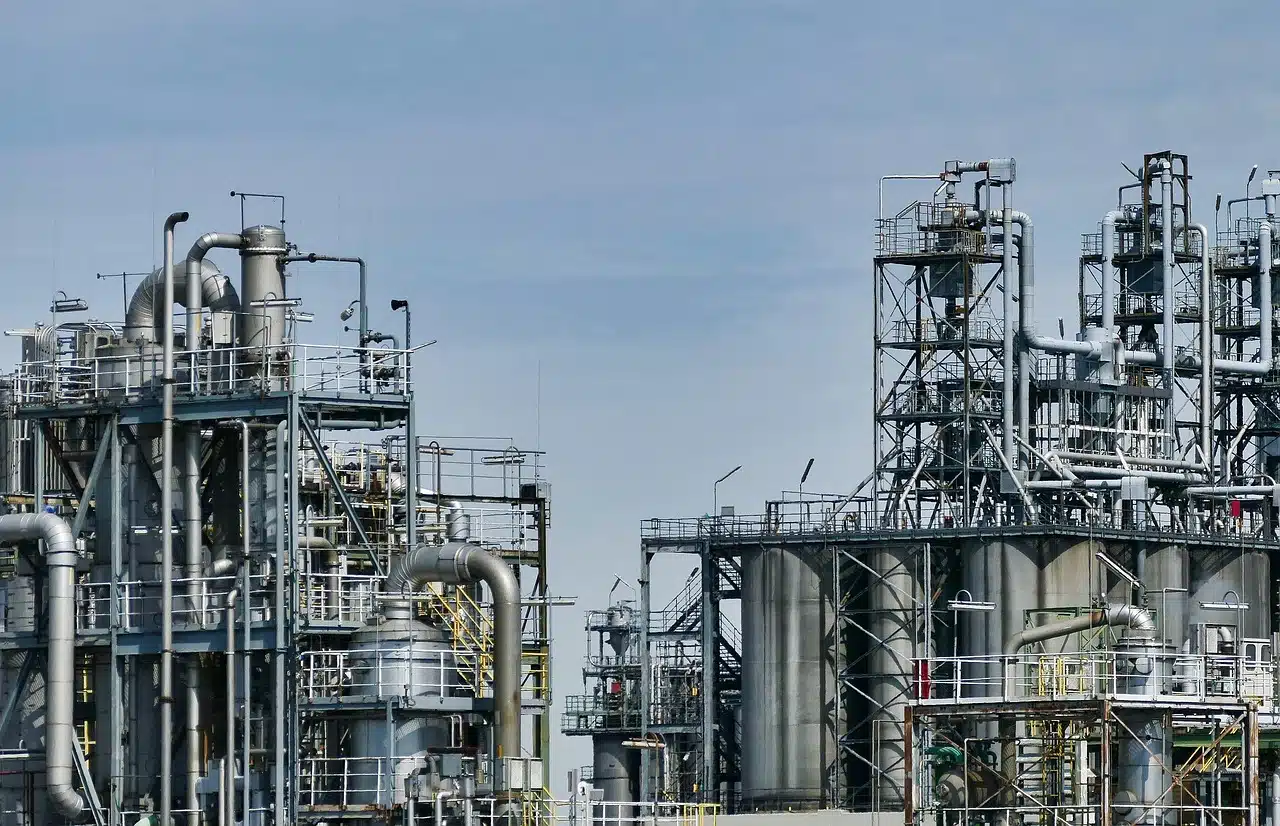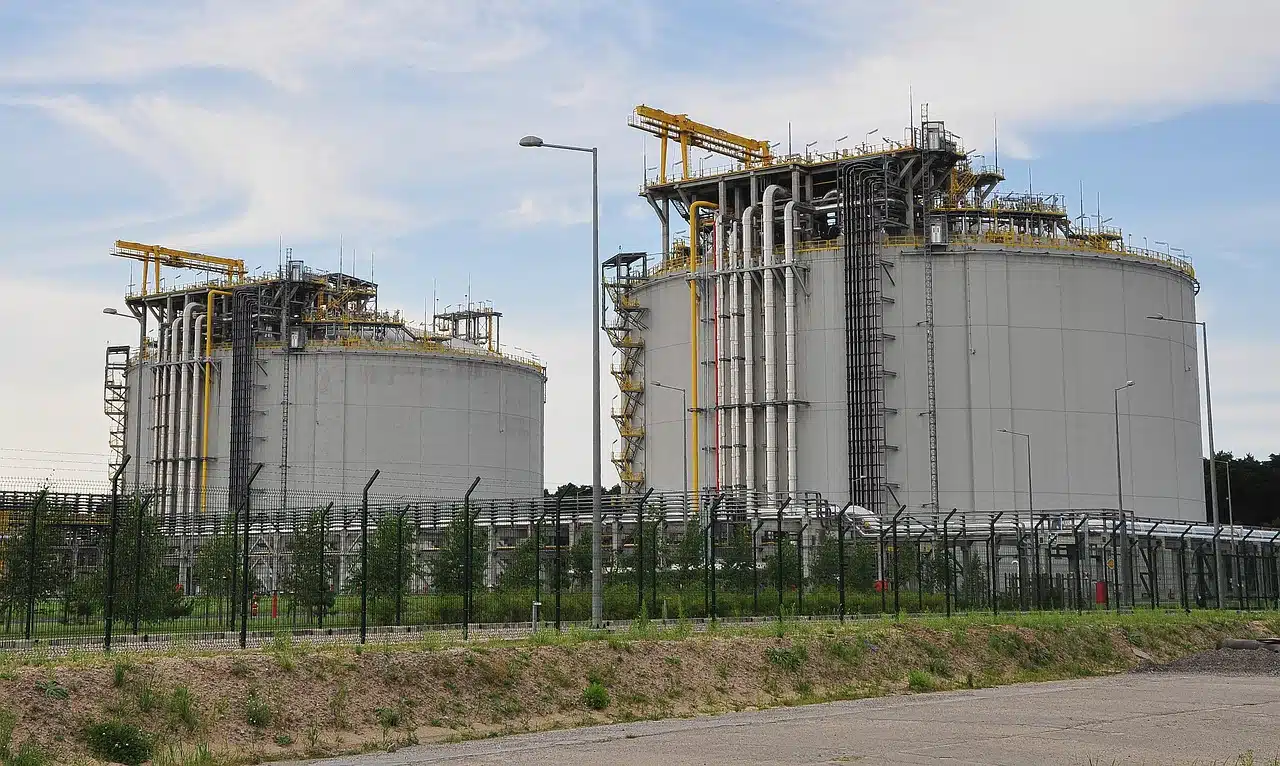Nigeria’s President Bola Tinubu has set ambitious targets to boost oil production to four million barrels per day (bpd) by 2030.
This initiative aims to harness Nigeria’s vast hydrocarbon resources for both domestic use and export while systematically addressing energy poverty and driving industrialization.
Olu Verheijen, Special Adviser to the President on Energy, announced the administration’s vision in an article posted on her LinkedIn page on Tuesday.
Verheijen stated that the groundwork laid in 2024 has been instrumental in positioning Nigeria to restore oil production to 2.06 million bpd in the near term and achieve 4 million bpd by 2030.
“Through a data-driven security framework, implemented in collaboration with operators, the Office of the National Security Adviser, and the Ministry of Defence, we have facilitated a 500,000-bpd increase in oil production since the inception of this administration,” she said.
However, Nigeria’s crude oil production saw a notable decline in January 2025, dropping by more than 60,000 bpd.
This decline has raised concerns about output stability and market performance, especially given Nigeria’s pivotal role as the leading oil producer in West Africa.
Verheijen, however, explained that Nigeria’s historical challenges in attracting substantial greenfield investments are responsible for the previous low output.
According to the presidential aide, global oil and gas investors allocated $80 billion in other countries over the past decade, largely bypassing Nigeria due to concerns over regulatory stability and a competitive fiscal framework.
She said this has led Tinubu issuing three oil and gas executive orders to enhance Nigeria’s competitiveness and remove key investment impediments.
“These directives have significantly improved our investment climate, positioning Nigeria among the top quartile of 14 competing oil and gas investment destinations,” Verheijen added.
She also added that finalisation of five significant asset acquisitions in 2024 is expected to accelerate production growth.
These acquisitions strategically pair operators with extensive local knowledge and operational agility, ensuring more efficient resource extraction and management.
She added that by stating that this strategic shift allows international oil corporations (IOCs) to focus on deepwater operations, where their financial resources and technical expertise are crucial for maximizing Nigeria’s hydrocarbon potential.
Moreover, this realignment is expected to drive sustainable production growth, ensuring a steady and long-term increase in output.










